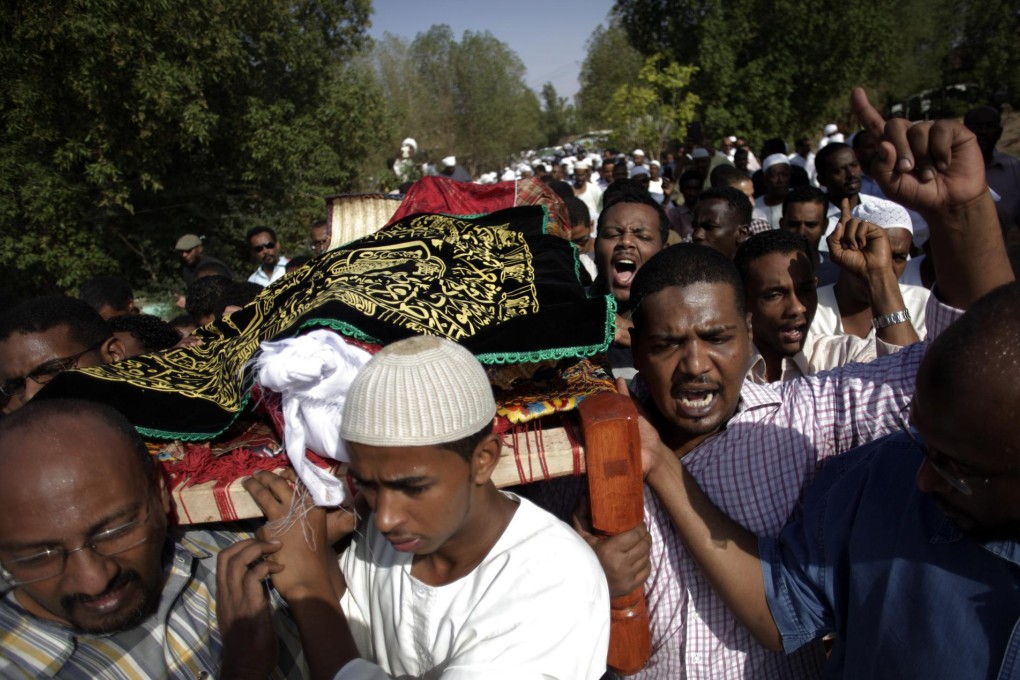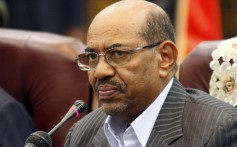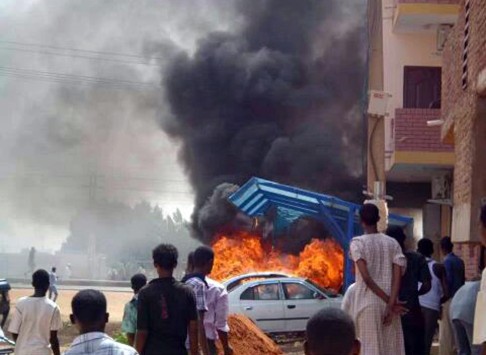Cracks in Sudan's ruling elite after clampdown on protests
Pressure on Bashir to scrap austerity measures following unrest that has left dozens dead

Islamists and members of Sudan's ruling party have called on President Omar al-Bashir to cancel deeply unpopular austerity measures, the first sign of dissent inside ruling circles after a week of unrest that has killed dozens.

"Mr President, in the light what is happening we demand an immediate stop of the economic measures," read a petition signed by 31 members of the quasi-official Islamist Movement and the ruling National Congress Party (NCP). Bashir has ruled Sudan since coming to power in a bloodless 1989 coup that was backed by Islamists and the country's powerful army. It is highly unusual for members of the political elite to question his actions publicly.
"The government has not allowed citizens to demonstrate peacefully," the petition added, urging prosecution for those responsible for opening fire on protesters and compensation for relatives of killed people. The government has not acknowledged using live ammunition.

Police said unknown gunmen opened fire on a group of protesters on Friday, killing four people and bringing the official death toll to 33. There was no immediate reaction to the petition from the government.